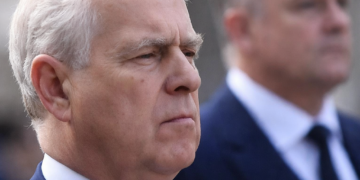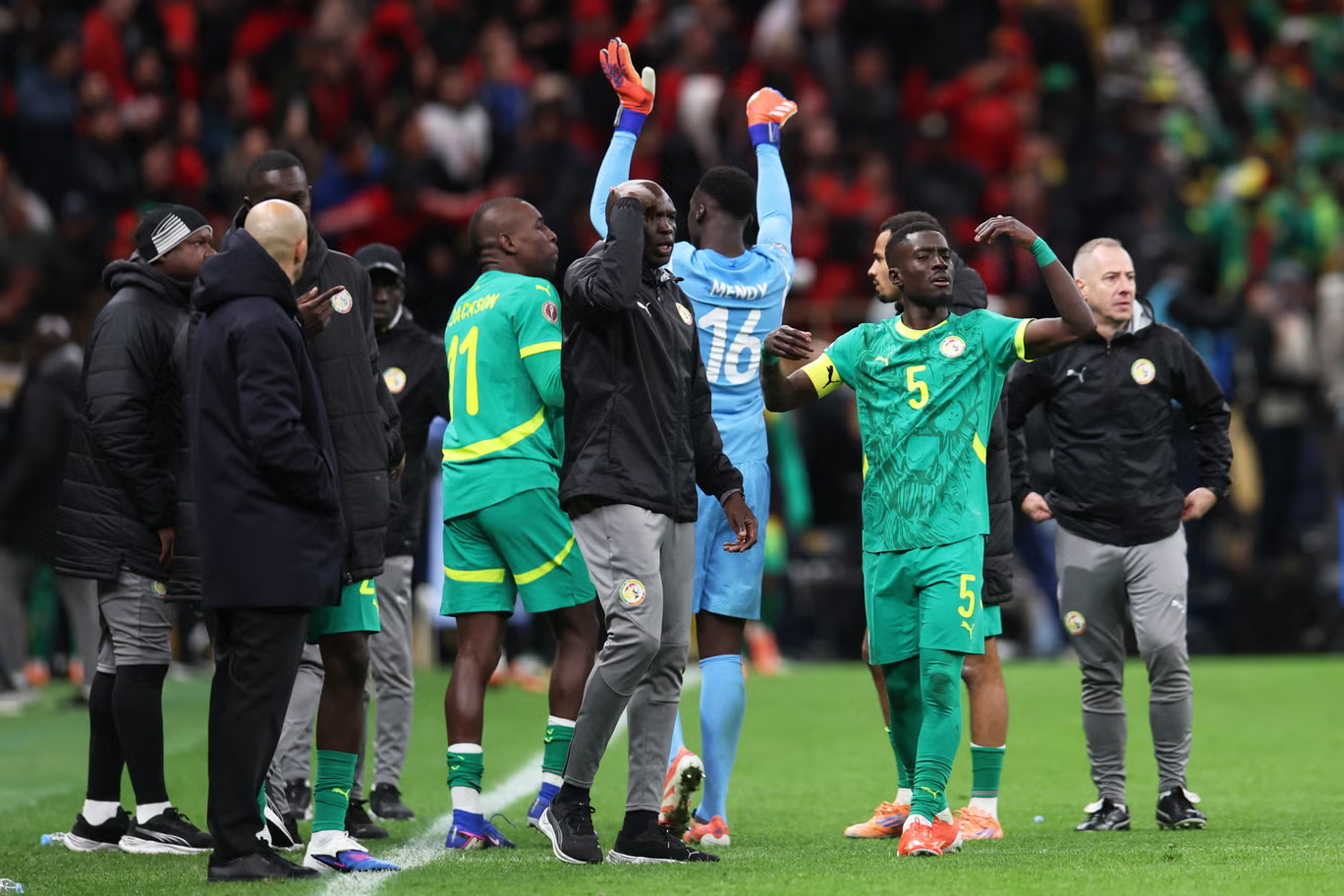Egyptian authorities have launched a widespread crackdown on social media influencers, detaining dozens of young TikTokers on accusations ranging from violating social norms to money laundering. Critics say this security campaign is part of a broader government effort to control online speech, a space that has long served as one of the few alternatives to state-controlled traditional media. The crackdown has targeted prominent content creators, including teenagers with millions of followers.
The recent wave of arrests has highlighted the use of a broadly worded article from a 2018 cybercrime law that criminalizes content infringing on “family values in Egyptian society.” Human rights lawyers argue that this law is deliberately vague, allowing authorities to arbitrarily apply charges.
For instance, police can retroactively examine a creator’s entire history of posts, and if a single post is deemed “indecent,” the authorities can declare all of the individual’s income illegal and charge them with financial crimes. One of the most high-profile cases is that of 19-year-old Mariam Ayman, known as Suzy El Ordonia, who has been jailed since August 2 and faces charges of distributing indecent content and laundering over $300,000.

TikTok Fame and The Risks of Going Viral
The path to TikTok fame in Egypt can be life-changing, offering a source of income that is a potential windfall in a low-wage country. However, as the case of Suzy El Ordonia shows, this fame comes with immense risk. Her rise to popularity, which included millions of views for videos of her daily life and family, became a source of suspicion for the state. A viral livestream featuring a lighthearted exchange with her father, a bus conductor, launched her to fame, but even her seemingly harmless content, with no overt political message, has now been used as evidence against her.
Her recent arrest, along with a podcaster she interviewed, shows the escalating and unpredictable nature of the government’s campaign. The Egyptian Initiative for Personal Rights (EIPR) has condemned the campaign, noting that it has expanded to target not just female content creators but also individuals with dissenting religious views and LGBT Egyptians.
Why It Matters
Critics, including financial experts, have questioned the legitimacy of the money laundering charges. They argue that if the government’s true concern was illegal financial flows, it should be investigating large companies, not teenagers earning small amounts from views and promotions. Social media expert Ramy Abdel Aziz stated that the amount of money earned by Egyptian TikTokkers is a fraction of what their Western counterparts make, and the process of generating it is slow. This campaign, fueled by citizen complaints and government-encouraged reporting, is seen by many as a crackdown on dissent and a way for the state to enforce its version of morality on a young generation that has found a voice outside of traditional media.

















